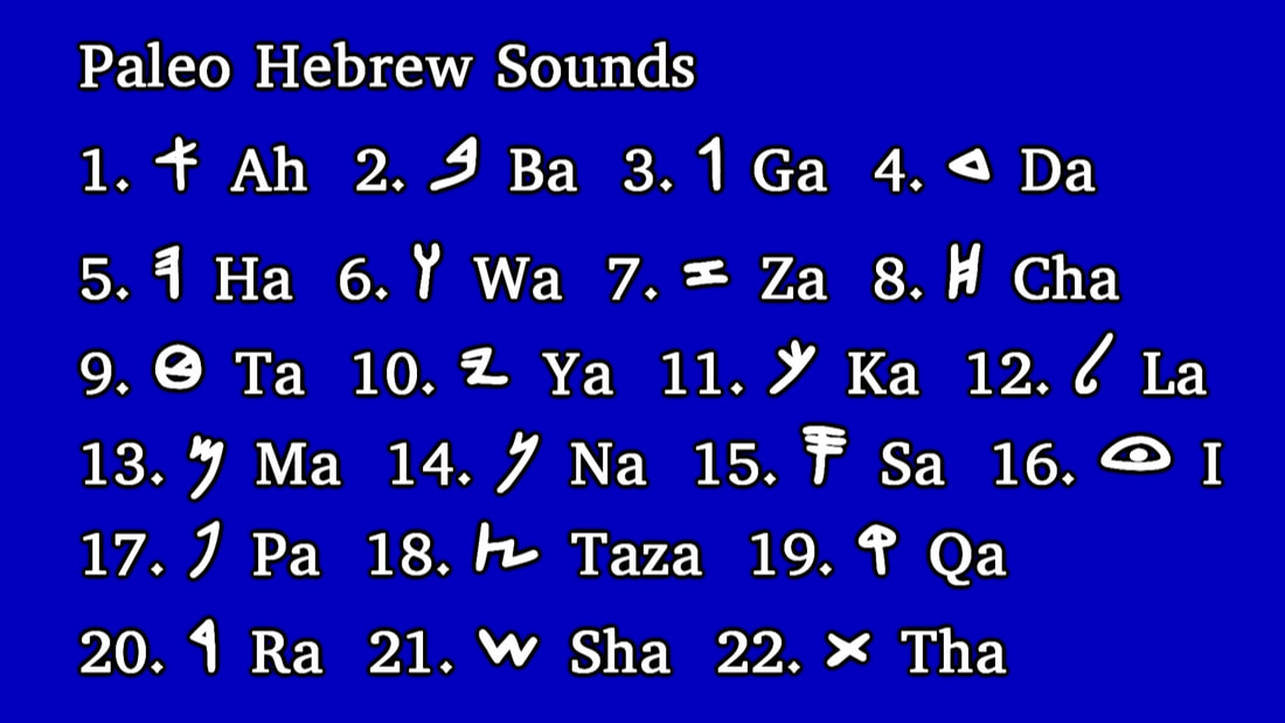
Nouns עד ( 'ed), עדה ( 'eda), עדה ( 'eda), עדת ( 'edut), עדות ( 'edut) and תעודה ( te'uda) all mean witness or testimony in various nuances, and verb עוד ( 'ud) means to bear witness. Noun עוד ( 'od) denotes an addition, repetition or continuance. Verb עוד ( 'ud) means to return and repeat. Nouns מועד ( mo'ed), מועד ( mo'ad) and מועדה ( mu'ada) describe a place (or time) of meeting. Noun עדה ( 'eda) means congregation or some other joint collective. Verb יעד ( ya'ad) means to meet, habitually and repeatedly rather than incidentally. Old Testament Hebrew Lexical Dictionary developed by. Noun עדי ( 'adi) means ornamentation: fancy or declarative things worn on one's body or clothes. of an antediluvian patriarch, son of Enoch, and grandson of Cain, Genesis 4:18. The same verb, namely עדה ( 'ada II) is used to mean to adorn or ornament oneself - that is: to have items approach the canvas of one's bulk in order to testify of some social rank or perhaps the trade or order one belongs to. The conjunction עד ( 'ad) or עדי ( 'ady) means "as far as" or until. Nouns עד ( 'ad) and ועד ( w'ad) describe the difficult concept of a future era advancing upon the now, or else the prey or booty upon which a predator advances. Verb עדה ( 'ada I) means to advance or pass on. Noun עדה ( 'idda) describes any well-worn item. Root עדד ( 'adad) describes a repeated passing by or over, or a repeated encountering. Noun תער ( ta'ar) denotes a thing that makes bare: a razor or sheath of a sword. Nouns ערוה ( 'erwa) and עריה ( 'erya) mean nakedness or exposure. Nouns ערה ( 'ara), מערה ( ma'ara) and מער ( ma'ar) refer to bare or exposed places. Verb ערה ( 'ara) also means to be naked or bare. Noun מעור ( ma'or) means nakedness and noun מערם ( ma'arom) means naked one. Identical verb עור ( 'ur II) means to be exposed or laid bare.

Verb עור ( 'ur I) means to rouse oneself - literally to collect and bundle one's feelings. Nouns עורון ( 'iwwaron) and עורת ( 'awweret) mean blindness.
Irad meaning in hebrew skin#
Verb עור ( 'awar) means to be or make blind, and blindness occurs most commonly due to a cataract (which looks like a skin forming over the eye, and is due to a cloudy accumulation of protein in the ocular lens). Noun עיר ( 'ayir) came to specifically denote the wild ass, but apparently stems from the more common behavior of standing around in clusters in the middle of a field that's been grazed clean (in other languages this word also denotes gazelles and such). Noun עיר ( 'ir) is the Bible's common word for city, which constitutes an accumulation of people and goods, usually in the middle of a wide area without remaining trees. Noun ערוער ( 'aro'er) denotes some kind of tree or bush (probably one without leaves). Noun מערה ( me'ara) literally means "place of being stripped" and is the Bible's common word for cave. Adjectives ערירי ( 'ariri) and ערער ( 'ar'ar) mean stripped, childless or destitute. The root ערר ( 'arar) describes an accumulation in one place that results in an emptiness or barrenness everywhere else - both cities and clouds form from this principle, and indeed any sort of commercial or intellectual fortune.


 0 kommentar(er)
0 kommentar(er)
